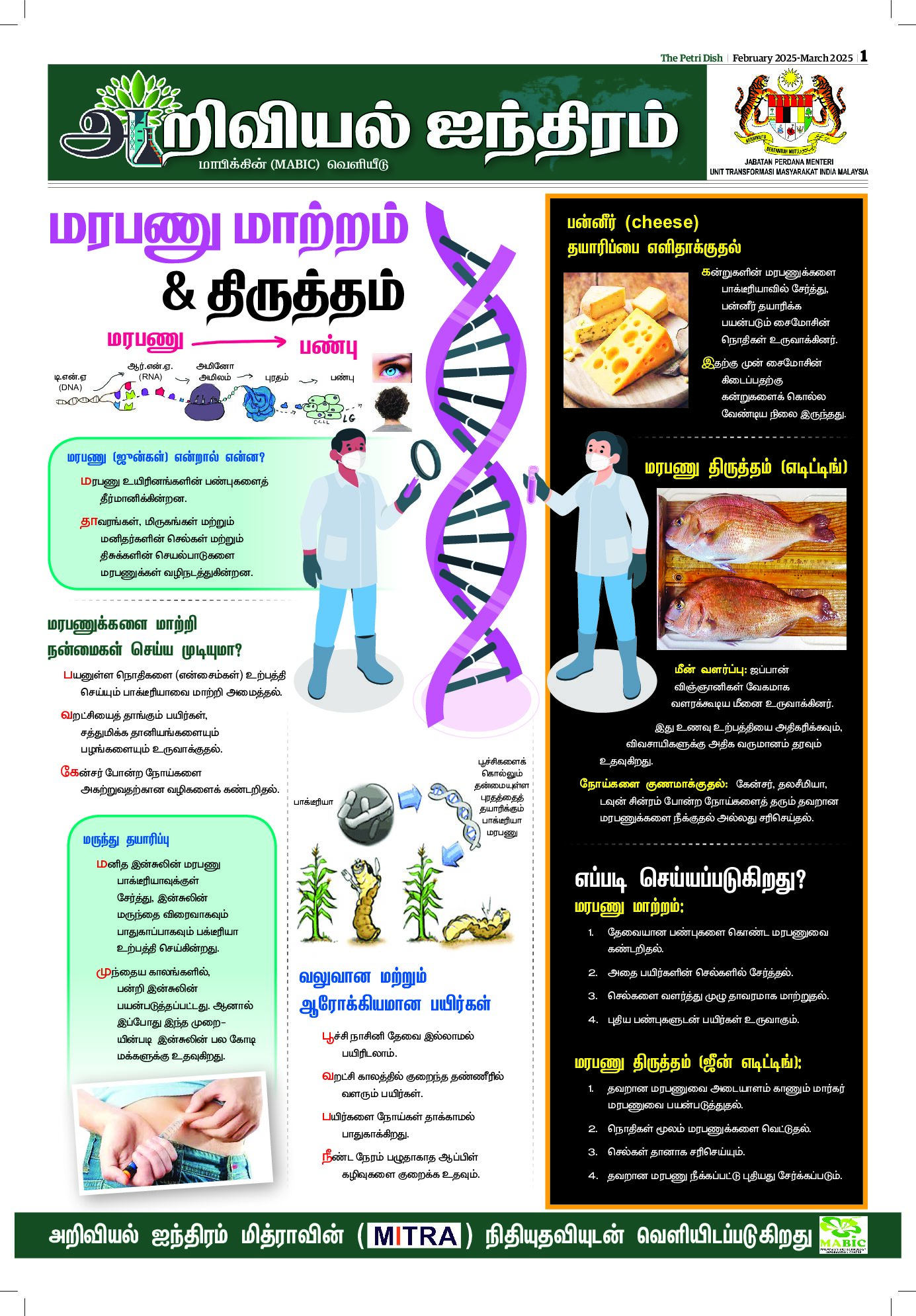A LOCAL medical genetics expert has been appointed as UNESCO’s first chair in human genetics research on Thalassaemia.
Prof Dr Zilfalil Alwi, a senior consultant paediatrician and clinical geneticist from the Human Genome Centre, Universiti Sains Malaysia (USM), is the appointed expert.
The objective of this project is to promote capacity building in human genetics among low and middle-income countries (LMIC).
Apart from scientific research, the project also aims to provide training and education on molecular diagnostics and the setting up of laboratories for the purpose of research, especially in LMIC.
Zilfalil is applying his expertise on the molecular level of thalassaemia as human genome sequencing opens endless possibilities to reduce the burden of genetic diseases.
He and his team are now studying the genetic modifiers for thalassaemia. They are looking into the genotype, the clinical severity, and complications of the condition among thalassaemia patients and correlate the genomic variants with the clinical variations.
Identifying the genomic variants will allow us to better understand the role of our genome in modifying our response to diseases and to drug treatment.
This will help to lay the foundation for precision medicine in thalassaemia.
“Thalassaemia is also a common genetic disease in Malaysia. One in every 20 Malaysians are carriers of thalassaemia without any symptoms,” he told The Petri Dish in a recent interview.
Zilfalil explained that: “Thalassaemia is a genetically inherited disease that results in anaemia of different severity levels when the body does not produce enough normal haemoglobin.”
“The haemoglobin structure has two parts which are alpha and beta, so thalassaemia happens when either part is not producing enough or they do not have enough building blocks to make the normal count of haemoglobin.”
“To prevent thalassaemia, it is important to detect couples at risk. All couples are suggested to be tested for their thalassaemia carrier status before starting a family. If a child is produced from two thalassaemia carriers there is a 25% probability for the offspring to have the disease and 50% to be a carrier.”
“A patient with a severe form of the disease, thalassaemia major, requires blood transfusion to sustain life. A blood transfusion will only last for three to four weeks and it is a lifelong treatment,” he added.
He said repeated transfusion will cause an iron overload and lead to organ failures. Removal of the excess iron requires chelation therapy. Economically, it causes a huge healthcare burden to the nation.
“The government spends about RM3 million for a beta-thalassaemia major patient to live up to 30 years,” said the researcher.
“To reduce the incidence of thalassaemia, the Ministry of Health (MOH) started a nationwide thalassaemia screening programme among 16-year-olds in secondary schools in 2016 to detect thalassaemia carriers.”
“From 2014 to 2018, new thalassaemia births declined steadily in Malaysia and mass screening could be one of the contributing factors to it.”
“Hence, this screening programme can be used as a model for other countries,” he added.










